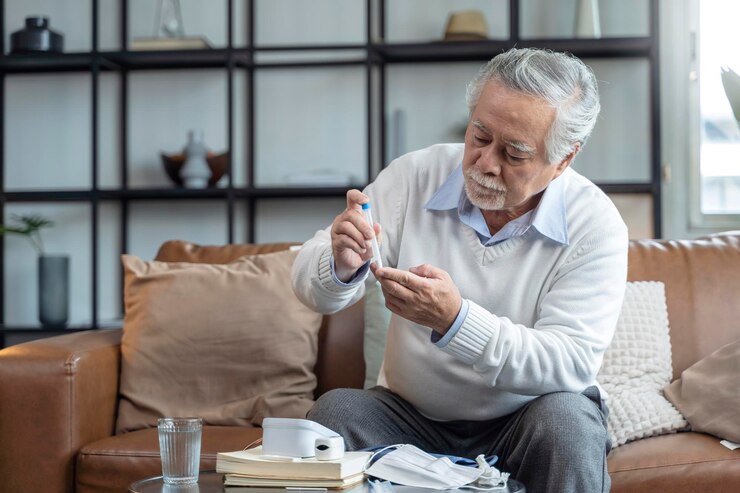



Empowering Diabetics: Strategies for Healthy Living and Well-being

Living with diabetes can present its challenges, but with the right strategies, it’s possible to lead a fulfilling and healthy life. Empowering diabetics involves adopting a holistic approach that encompasses lifestyle changes, proper management, and a positive mindset. Here are some practical strategies to help diabetics take control of their health and well-being.
- Education and Awareness: Knowledge is power when it comes to managing diabetes. Understanding the condition, its causes, symptoms, and treatment options is essential. Diabetics should educate themselves about nutrition, exercise, monitoring blood sugar levels, and medication management.
- Healthy Eating Habits: A balanced diet plays a crucial role in managing diabetes. Focus on consuming whole foods such as fruits, vegetables, lean proteins, and whole grains. Limit intake of sugary snacks, processed foods, and saturated fats. Portion control and mindful eating can help regulate blood sugar levels and promote overall well-being.
- Regular Physical Activity: Exercise is key to managing diabetes effectively. Engage in regular physical activity such as walking, cycling, swimming, or yoga. Aim for at least 30 minutes of moderate exercise most days of the week. Physical activity helps improve insulin sensitivity, lowers blood sugar levels, and reduces the risk of complications.
- Blood Sugar Monitoring: Monitoring blood sugar levels regularly is essential for diabetics. Keep track of blood glucose levels using a glucometer and record the results. This information can help identify patterns, determine the effectiveness of treatment, and make necessary adjustments to diet, exercise, and medication.
- Medication Adherence: It’s crucial for diabetics to take their medication as prescribed by healthcare professionals. Skipping doses or neglecting medication can lead to uncontrolled blood sugar levels and increase the risk of complications. Follow the prescribed treatment plan diligently and communicate any concerns or side effects with your healthcare provider.
- Stress Management: Stress can significantly impact blood sugar levels and overall well-being. Practice stress-reduction techniques such as deep breathing, meditation, mindfulness, or engaging in hobbies and activities you enjoy. Prioritize self-care and make time for relaxation to promote emotional and physical health.
- Regular Health Check-ups: Routine medical check-ups are important for monitoring diabetes and identifying any potential complications early on. Schedule regular visits with your healthcare provider for comprehensive evaluations, including blood tests, eye exams, foot checks, and screenings for other health conditions.
- Support Network: Building a strong support network can provide invaluable emotional support and encouragement for diabetics. Connect with family, friends, support groups, or online communities where you can share experiences, seek advice, and find motivation to stay on track with your health goals.
- Setting Realistic Goals: Set achievable goals for managing diabetes and improving overall health. Break larger goals into smaller, manageable steps and celebrate progress along the way. Stay flexible and adapt your goals as needed based on changes in health status or personal circumstances.
- Positive Mindset: Maintaining a positive attitude is essential for coping with the challenges of diabetes. Focus on what you can control rather than dwelling on limitations or setbacks. Celebrate small victories, practice gratitude, and cultivate resilience in the face of adversity.
Empowering diabetics involves taking proactive steps to manage the condition effectively and enhance overall quality of life. By incorporating these strategies into daily life, individuals with diabetes can achieve better health outcomes, greater well-being, and a sense of empowerment over their health journey. Remember, you are not alone, and with the right support and resources, you can thrive despite diabetes.


